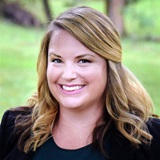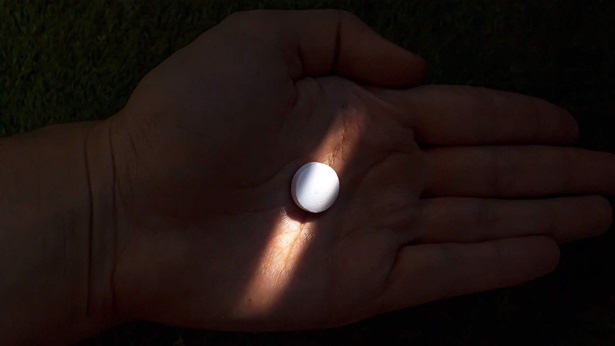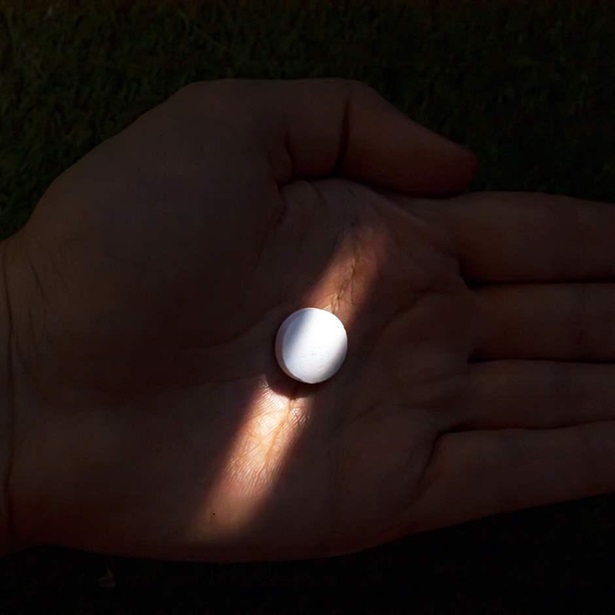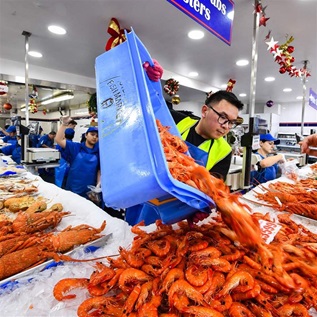Scientists Studying Antarctic Krill Strive to Improve Management of Southern Ocean Fishery
March workshop featured experts focused on advancing ecosystem-based research of critical species
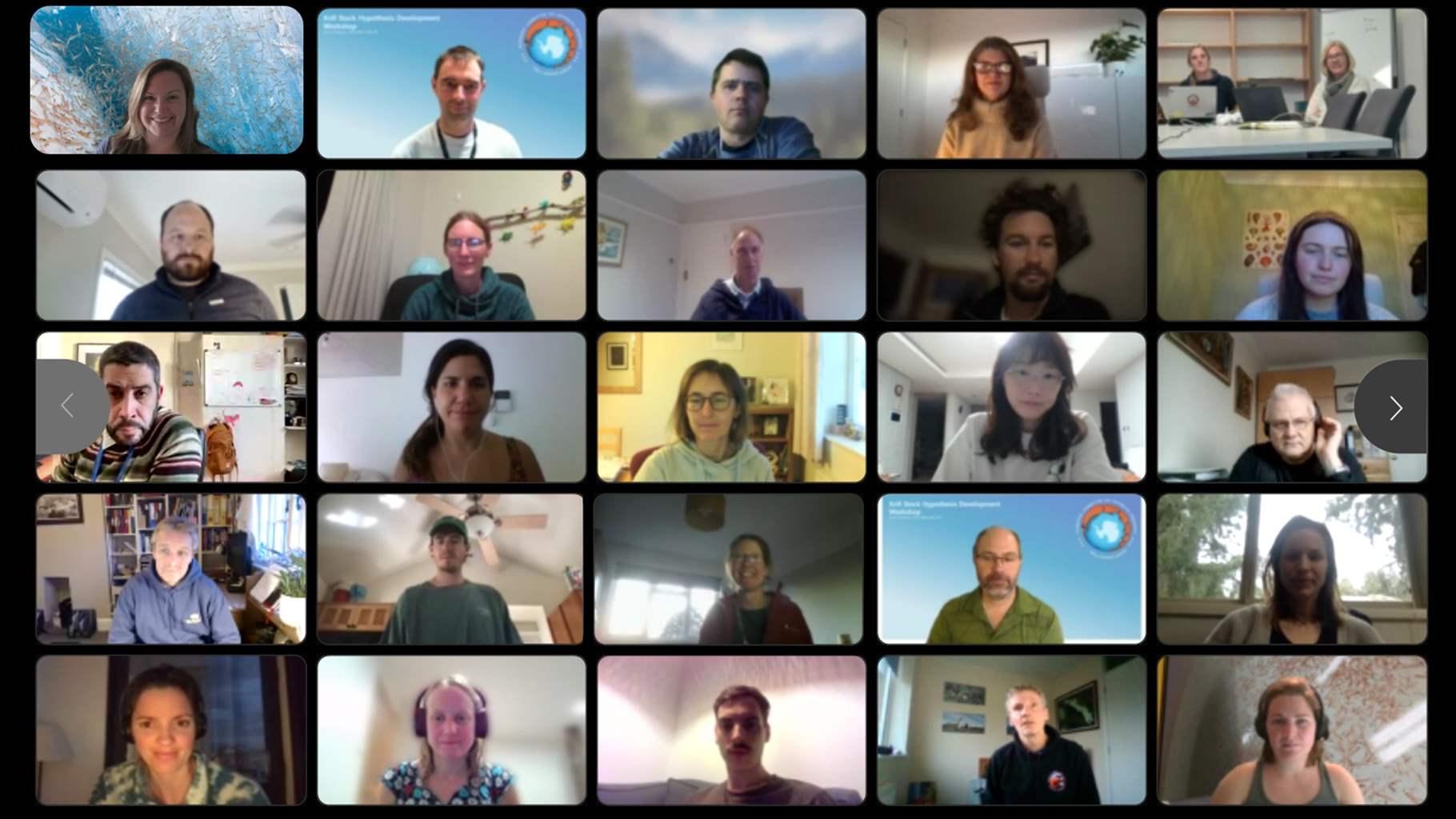
Antarctic krill—the species at the center of the Southern Ocean food web—continue to face threats ranging from climate change to concentrated fishing. Some of the threats affect krill directly, while others could shift the predator-prey balance in the region.
Against this backdrop, leading Antarctic krill scientists met March 20-24 to advance their understanding of the species—information that will contribute to updated management of the Southern Ocean krill fishery.
The Scientific Committee on Antarctic Research’s Krill Expert Group, with support from the Pew Bertarelli Ocean Legacy Project, hosted the virtual workshop, which focused on developing a krill stock hypothesis.
In fisheries management, a stock is the portion of a population, group of individuals, or even group of populations, that live within a particular area and mix enough to breed with each other. The krill stock hypothesis will help scientists understand which segments of the krill population are part of the managed stock from the South Atlantic sector of the Southern Ocean, which areas those stocks are using, and at what point in their life cycle they move between subregions. All of this information is crucial to effective ecosystem-based fisheries management of this vital Southern Ocean species.
The workshop was the latest update under a broader krill work program that was agreed upon in 2019 by members of the Commission for the Conservation of Antarctic Marine Living Resources (CCAMLR), the decision-making body that manages the Southern Ocean.
Participants in the workshop included scientific representatives and advisors from several CCAMLR member states, including Argentina, Australia, Belgium, Chile, China, Ecuador, Germany, Japan, Korea, Norway, the United Kingdom, and the United States, as well as other scientific experts and krill fishery stakeholders.
In 2019, CCAMLR agreed to update the krill fishery management plan because krill and its predators are facing threats in the Antarctic Peninsula region. Research shows that warming waters are disrupting krill growth and reducing their habitat in the Southern Ocean. Other studies have shown that the increase of concentrated industrial fishing of Antarctic krill over recent decades, coupled with effects from climate change such as warming temperatures, is causing negative impacts on penguins that depend on krill.
Here are links to the proceedings from each day of the March workshop:
- SKEG Krill Stock Hypothesis Workshop March 20, 2023
- SKEG Krill Stock Hypothesis Workshop March 21, 2023
- SKEG Krill Stock Hypothesis Workshop March 22, 2023
- SKEG Krill Stock Hypothesis Workshop March 23, 2023
- SKEG Krill Stock Hypothesis Workshop March 24, 2023
Nicole Bransome is an officer and Nicholas Kirkham is a senior associate with the Pew Bertarelli Ocean Legacy Project.
